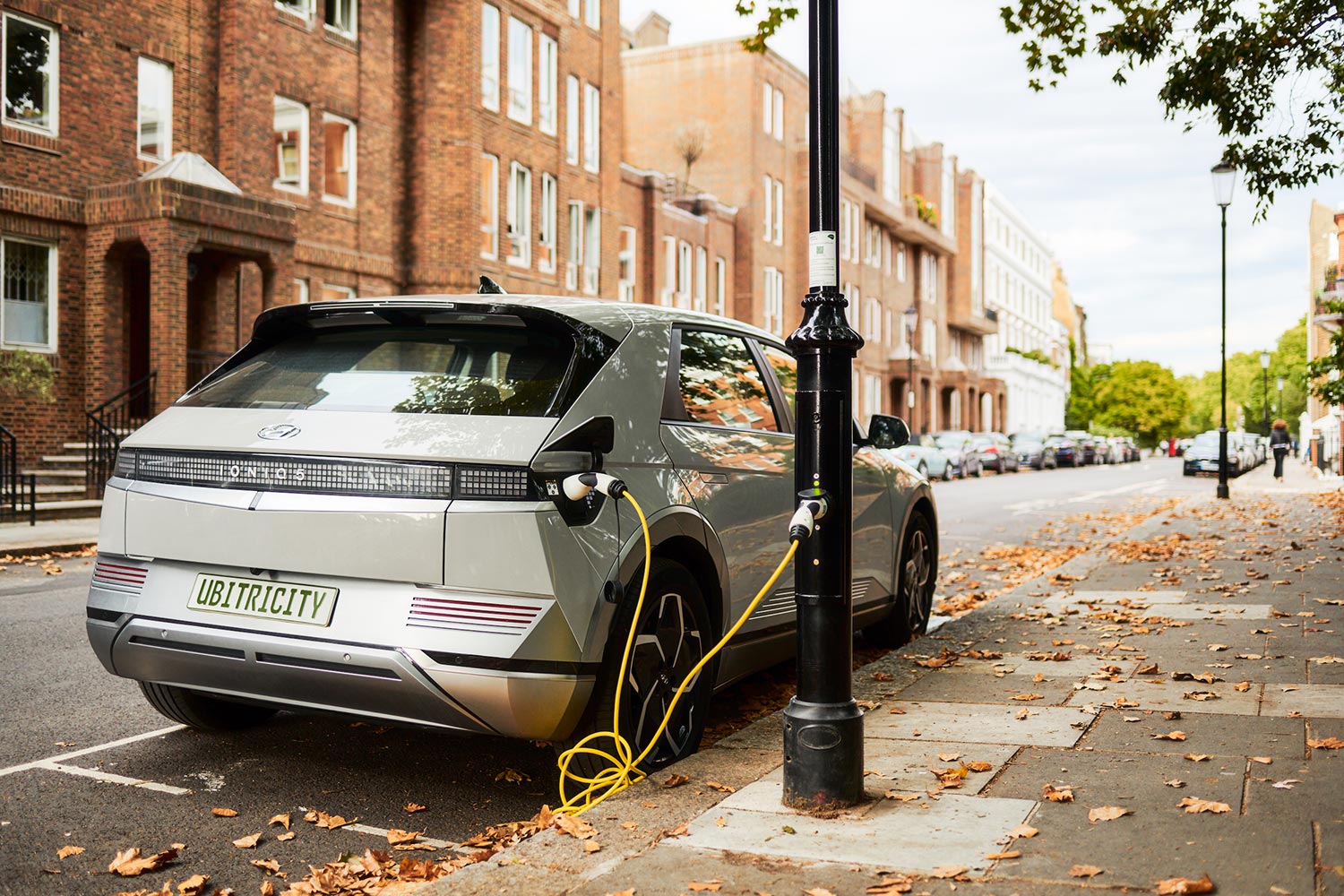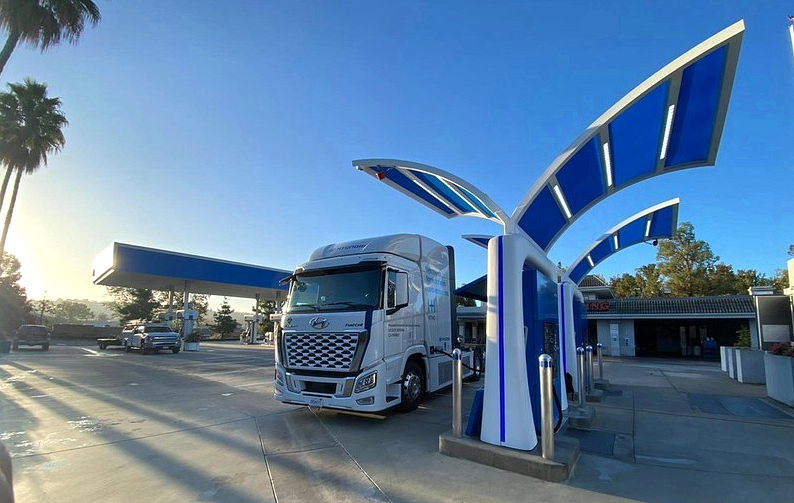The European Union has pledged a significant financial contribution of nearly €189 million towards the construction of 2,000 new charging points and 63 hydrogen refuelling stations along the trans-European transport network, known as the TEN-T. This move is part of the Alternative Fuels Infrastructure Facility (AFIF), which aims to encourage the adoption of sustainable solutions within the transport industry.
The selected projects, spread across twelve member states, include four initiatives focused on the electrification of ground handling services in airports, in addition to the charging points and hydrogen refuelling stations intended for cars, trucks, and buses.
See also: Jet H2 Energy Plans to Build First Ten Hydrogen Refuelling Stations in Germany and Denmark
According to EU Transport Commissioner Adina Vălean, the surge in applications for AFIF funding demonstrates the transport industry’s commitment to embracing sustainable alternatives. The AFIF program combines grants from the European Transport Infrastructure Support Program and the Connecting Europe Facility (CEF), along with capital from financial institutions, to maximize the impact of the investments.
The grant recipients encompass a range of companies, with Munich-based charging infrastructure operator, Ionity, set to receive €1.5 million to install seven charge parks along the TEN-T road network in Hungary. The other grant recipients can be found in the link provided below.
The TEN-T network is designed to create a comprehensive network of road, rail, air, and water charging stations within the European Union, building on similar efforts in the telecommunications and energy sectors.
See also: TotalEnergies and Air Liquide Join Forces to Build Hydrogen Refuelling Stations in Europe
It is worth noting that the EU’s financial contribution will be provided in the form of grants, with varying co-financing rates or unit contributions, depending on the project’s location and eligibility for Cohesion Fund support. The confirmation of funding is still preliminary and is dependent on approval from the EU member states on 13 April and formal authorization from the EU Commission.
Overall, the EU’s commitment to funding sustainable transport solutions represents a significant step towards reducing carbon emissions and promoting a greener future for the European Union.







